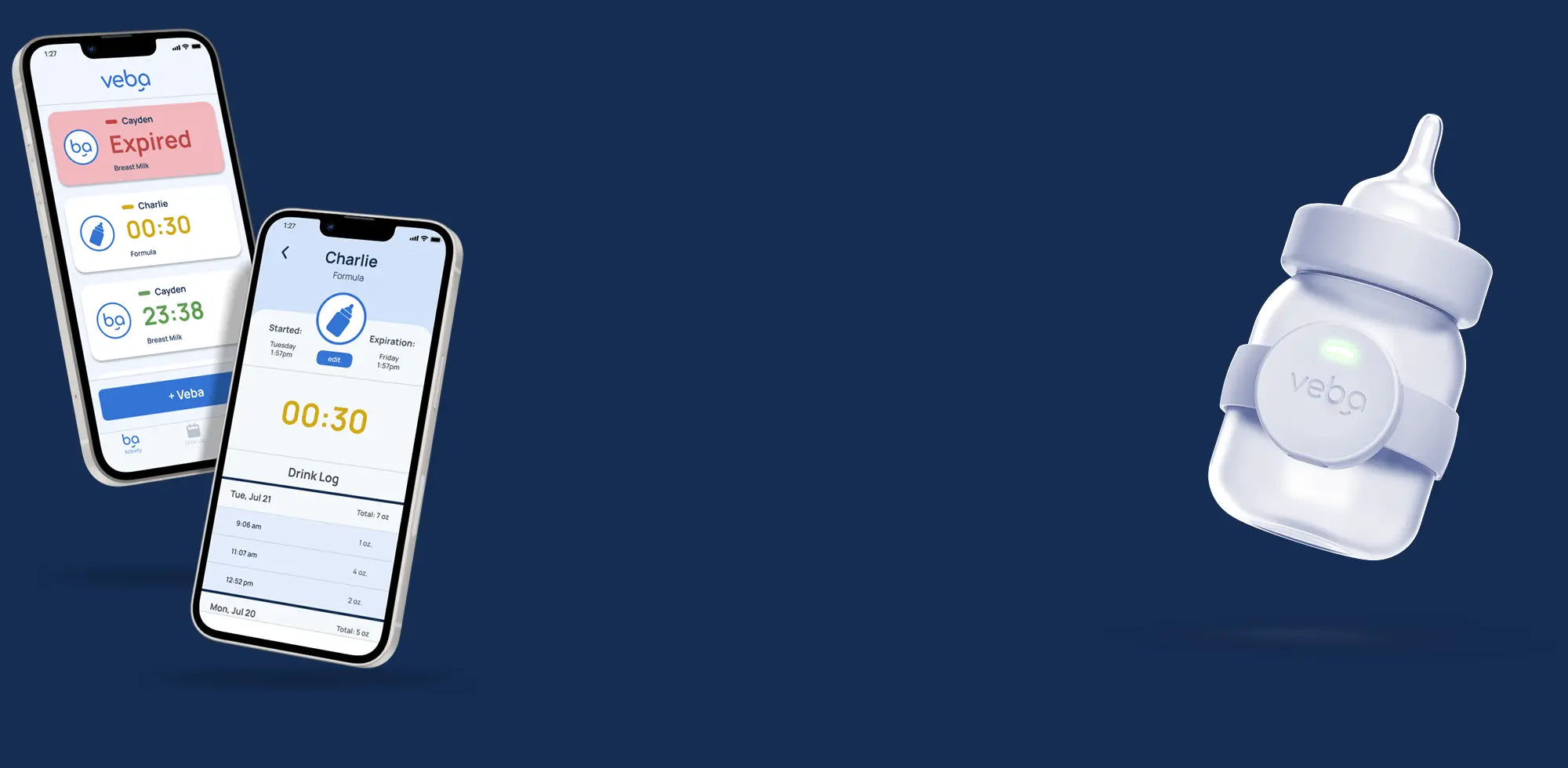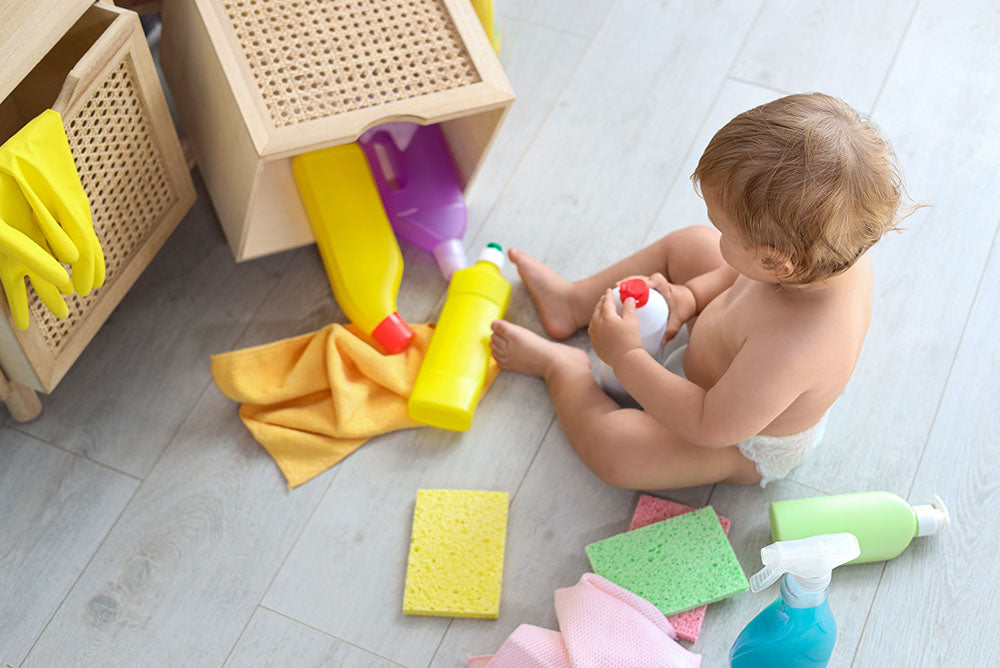You may have heard a rumor running in your mommy circles… “After the three month mark it gets easier!” So, is it true? While every baby is different and so is every family, there are a few typical three-month old milestones your baby is hitting around this time (aka the end of the fourth trimester) that might make your life as a parent feel more manageable — like maybe, just maybe, you’re getting the hang of it and your baby is too! So, let’s chat about why this is the case for many new parents and hopefully for you!

Hello World!
What is the fourth trimester, anyway? Coined by Dr. Harvey Karp, this term is meant to imply that from birth until 12 weeks postpartum, a baby is like a fetus and should essentially still be in the womb. But, not in a scary way… This is just to say that babies have to be born before they’re ready to survive on their own. Which means, you guessed it, a lot more help needed from mom and other caregivers! This period starts to end at around 12 weeks when babies are maturing and figuring out how to do things themselves.

Wake Up, Digestion
Before birth, your baby was getting all their meals delivered. Now, suddenly they have to get it on their own by sucking breastmilk or formula through a nipple. This means that at birth, your baby is shifting their digestion process and it can take some time for their tiny digestive and excretory systems to get up and running properly. You might also notice that your baby spits up often during the fourth trimester. This starts to taper off at around three months or older because the part of their body separating the stomach from the esophagus is becoming stronger and more mature. These kinds of developmental changes continue to occur until they can start solids at six months and through two years old when it’s time to wean!

Bye Bye Colic!
In general, babies cry more during their first three months than at any other time in their life. An hour or so a day is very typical new baby behavior. But three or more hours a day consistently for at least three days a week over a three week period or longer is likely colic. This can be an incredibly difficult hurdle for parents to overcome before things get easier. But luckily, it doesn't usually last long. Many colicky babies are improving at around six weeks old and have grown out of this stage by 12 weeks old. A big win for you, your baby, and maybe even your neighborhood?!

Schedules? Love ‘Em!
While babies don't have regular sleep cycles until they are around six months old, they are starting to naturally develop routines at around three to six months old. A three month old’s sleep schedule is starting to become more consistent due to circadian rhythm development which includes bedtime routines, nap times, and wake windows. They likely aren’t sleeping through the night yet but their sleeping and feeding times are likely becoming more structured. For you, that means, you’re probably both starting to get the hang of scheduling. Maybe at around three months postpartum you’re even feeling better, more experienced, and learning to take care of yourself too!

Feed Me, Please
At around 12 weeks, your baby’s three month old milestones are helping them get in the groove with feedings. Not just with their routines, but also with sucking and swallowing too! Plus, they’re even getting pretty good at letting you know they’re hungry. While structure, development, and cues for feedings are improving, there is still a way to make this stage of life even easier! We recommend using your Veba Baby Smart Bottle Monitor not just to stay on top of your baby bottle’s freshness but also to log feedings. In case you don’t have one already, the Veba is a holy-grail device that wraps around your favorite baby bottles to automatically adjust your baby’s milk or formula expiration based on time, temperature, and the number of feedings. Learn more here!

At Veba Baby, we are here to make your parenting journey easier throughout the fourth trimester and well into the first few years of your little one’s life! That’s why we invented the world’s only smart baby bottle monitor using CDC and WHO guidelines to help you ensure the best nutrition for your baby. Not only does Veba help you get the peace of mind you deserve, but it also helps you ask for the help you deserve (guaranteed to make things easier!) by facilitating safe feedings with other caregivers! For more parenting tips head over to our blog, The Sip!




